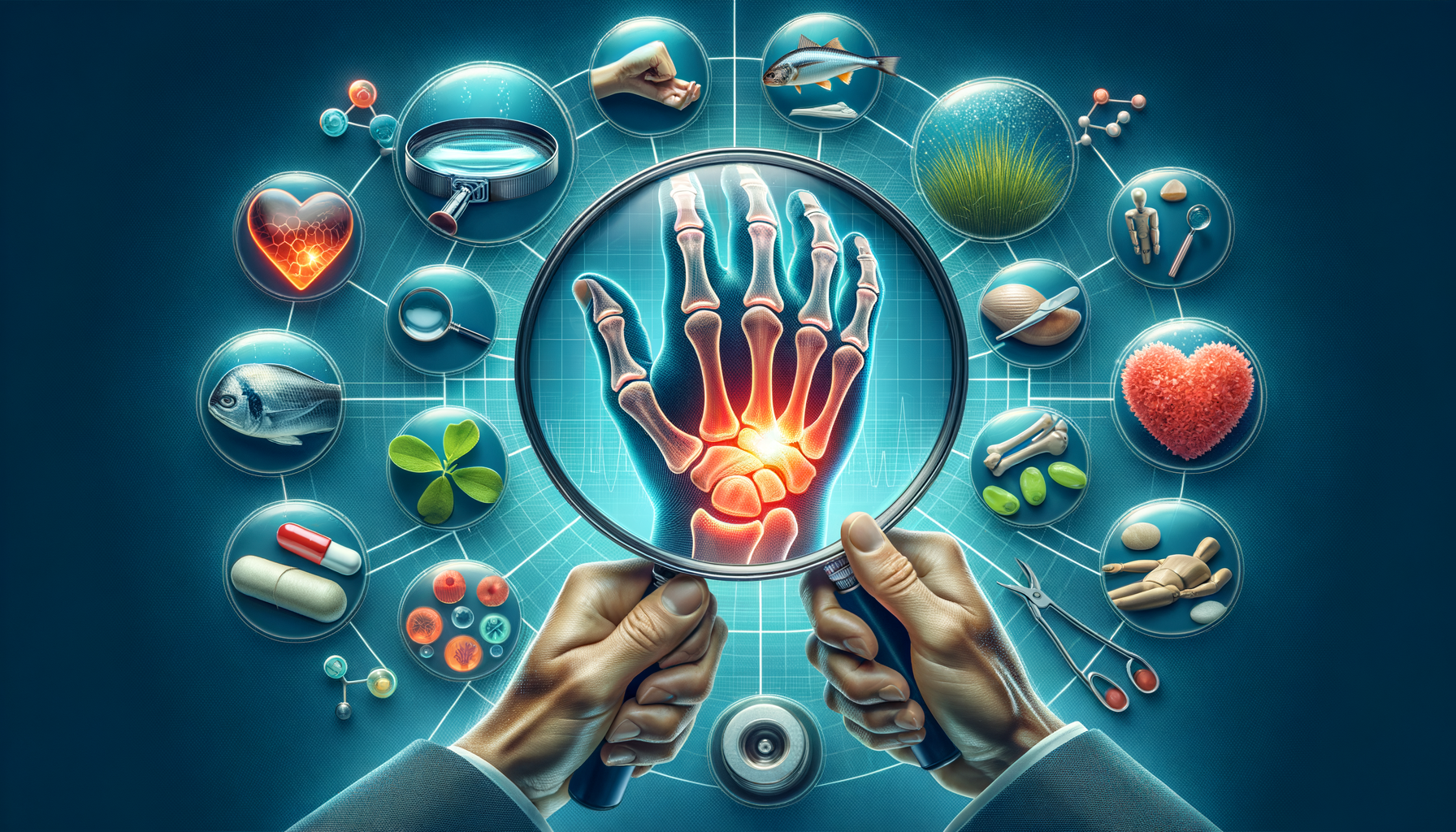Understanding Arthritis: A Global Health Challenge
Arthritis is not a single disease but a term that encompasses over 100 different types of joint-related disorders. It affects millions of people worldwide, causing pain, swelling, and decreased mobility. The most common forms include osteoarthritis and rheumatoid arthritis, each with distinct causes and treatment approaches. Osteoarthritis is primarily a degenerative condition resulting from the wear and tear of cartilage, while rheumatoid arthritis is an autoimmune disorder where the immune system attacks healthy joint tissues.
The prevalence of arthritis is staggering. According to the World Health Organization, approximately 350 million people globally suffer from arthritis, with osteoarthritis affecting about 10% of men and 18% of women over 60 years of age. The economic burden is also significant, with billions spent annually on healthcare and lost productivity. Understanding the scope and impact of arthritis is crucial for developing effective management strategies.
Arthritis can severely impact quality of life, leading to chronic pain and disability. This makes it imperative for individuals and healthcare providers to explore efficacious strategies for relief. With advancements in medical research and a growing understanding of the disease, various approaches are available to manage arthritis symptoms effectively.
Non-Pharmacological Strategies: Lifestyle Changes and Physical Therapy
Non-pharmacological strategies play a pivotal role in managing arthritis symptoms. Lifestyle changes, such as maintaining a healthy weight, can significantly reduce the strain on joints, particularly in weight-bearing areas like the knees and hips. Regular physical activity is another cornerstone of arthritis management. Exercise helps maintain joint flexibility, strengthens muscles around the joints, and can even reduce pain. Activities such as swimming, cycling, and yoga are particularly beneficial as they are low-impact yet effective.
Physical therapy is another vital component of non-pharmacological management. A physical therapist can design a personalized exercise program that targets specific areas of concern. Techniques such as hydrotherapy, heat and cold treatments, and massage therapy can also provide relief from pain and stiffness. These approaches help improve joint function and are often recommended in conjunction with medical treatments.
Dietary modifications can also contribute to arthritis relief. A diet rich in anti-inflammatory foods, such as omega-3 fatty acids (found in fish), antioxidants (found in fruits and vegetables), and whole grains, can help reduce inflammation and improve overall health. Avoiding processed foods and excessive sugar intake is also advisable. By adopting these lifestyle changes, individuals can manage arthritis symptoms more effectively and improve their quality of life.
Pharmacological Interventions: Medications and Their Efficacy
Pharmacological interventions are often necessary for managing arthritis, particularly when symptoms are severe. Nonsteroidal anti-inflammatory drugs (NSAIDs) are commonly prescribed to reduce inflammation and alleviate pain. Over-the-counter options like ibuprofen and naproxen are widely used, while stronger prescription NSAIDs may be necessary for more severe cases.
For individuals with rheumatoid arthritis, disease-modifying antirheumatic drugs (DMARDs) are crucial. These medications, such as methotrexate and sulfasalazine, help slow disease progression and prevent joint damage. Biological response modifiers, a newer class of DMARDs, target specific components of the immune system, offering relief for patients who do not respond to traditional treatments.
Corticosteroids, such as prednisone, can provide rapid relief from inflammation and pain. However, their long-term use is limited due to potential side effects, including weight gain and increased risk of infections. Therefore, they are typically used for short periods or during flare-ups. It’s essential for patients to work closely with their healthcare providers to determine the most appropriate medication regimen, taking into account the severity of symptoms and potential side effects.
Innovative Therapies: Exploring New Frontiers
Innovative therapies are continually emerging, offering new hope for arthritis sufferers. One such approach is regenerative medicine, which includes treatments like platelet-rich plasma (PRP) therapy and stem cell therapy. These therapies aim to repair and regenerate damaged tissues, potentially reversing some of the effects of arthritis.
Platelet-rich plasma therapy involves injecting concentrated platelets from the patient’s own blood into the affected joint. This is believed to promote healing and reduce inflammation. Stem cell therapy, on the other hand, uses stem cells to regenerate damaged cartilage and improve joint function. While research is still ongoing, early results are promising, and these therapies may offer significant relief for some patients.
Another area of innovation is the development of new biologics and targeted therapies. These treatments focus on specific pathways involved in the inflammatory process, offering more precise and effective relief. As research continues, these innovative therapies hold the potential to transform the management of arthritis, providing patients with more options for relief and improved quality of life.
Embracing a Holistic Approach: Combining Strategies for Optimal Relief
Managing arthritis effectively often requires a holistic approach that combines various strategies. While individual treatments can provide relief, a comprehensive plan that incorporates lifestyle changes, pharmacological interventions, and innovative therapies is likely to yield the best results.
Patients are encouraged to work closely with their healthcare providers to develop a personalized management plan. This plan should consider the type and severity of arthritis, individual health status, and personal preferences. Regular monitoring and adjustments to the treatment plan are essential to ensure optimal outcomes.
In addition to medical treatments, support from family, friends, and support groups can play a crucial role in managing arthritis. Emotional support and encouragement can help individuals cope with the challenges of living with a chronic condition, enhancing their overall well-being. By embracing a holistic approach, individuals with arthritis can achieve greater relief and lead more fulfilling lives.




Leave a Reply